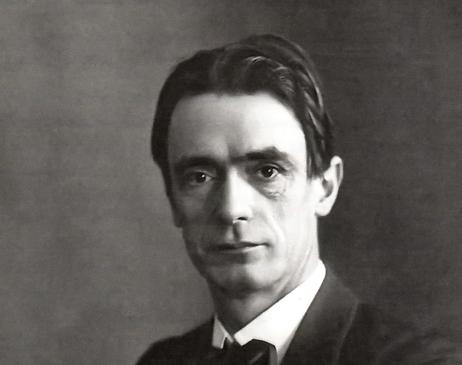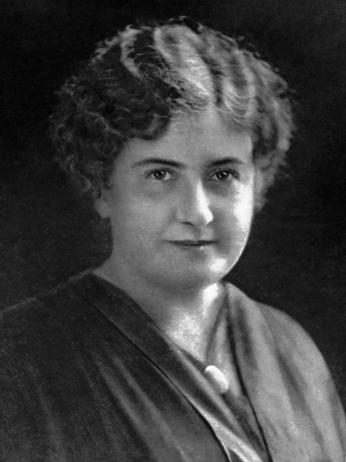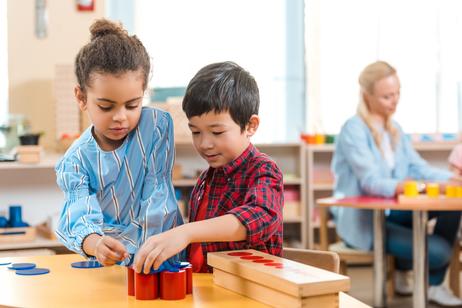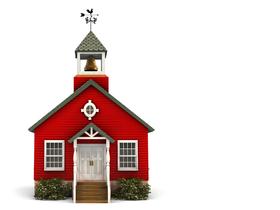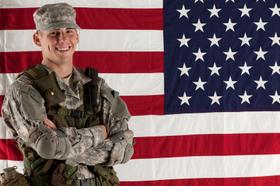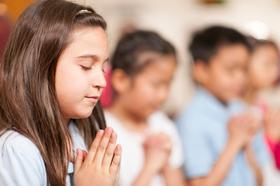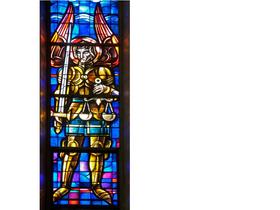Here is an interview with one of my education heroes from the 20th century, Rudolf Steiner. I know that you will find Herr Steiner's answers helpful as you explore your options for preschool and kindergarten.
Rob: Mr. Steiner, could you share with us what initially inspired you to get involved with education and establish the movement that eventually became the Waldorf Schools? What motivated you to embark on this path?
Rudolf Steiner: My education journey was driven by a profound concern for the development of the whole human being. I firmly believe that education should be approached holistically, nurturing not only intellectual capabilities but also each child's physical, emotional, and spiritual dimensions. Education needed to be aligned with the natural stages of child development, respecting and fostering the unique potentials of every individual.
My motivation stemmed from observing the prevailing educational methods of my time, which often prioritized rote learning and academic achievements while neglecting the broader aspects of human growth. I wanted to create an educational approach that would cater to the diverse needs of students, nurturing their creativity, critical thinking, and social responsibility. This led me to explore anthroposophy, a philosophy that acknowledges the spiritual nature of humanity and seeks to integrate it into various fields of life, including education.
This video offers a documentary on the life and work of Rudolf Steiner.
Rob: As the founder of Waldorf Education, what were your

